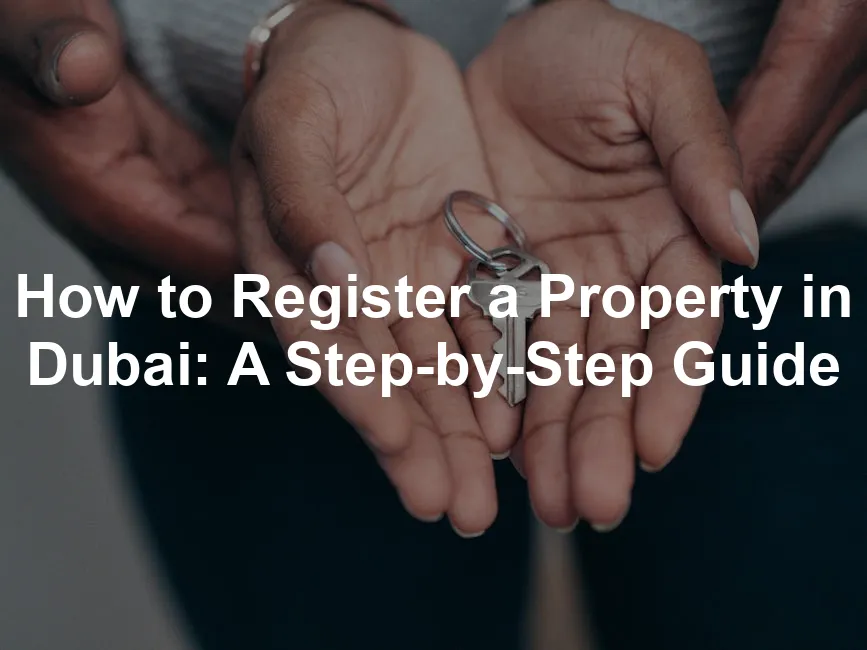Introduction
Registering your property in Dubai is crucial. It establishes legal ownership and protects your rights. The Dubai Land Department (DLD) oversees all property transactions, ensuring transparency. Proper registration provides peace of mind for both local and foreign investors. For those considering investing in Dubai, understanding this process is essential.
Summary and Overview
Registering property is vital for legal ownership. It safeguards your rights and offers protection against disputes. If you don’t register, you might face legal complications. The registration process involves specific steps, documents, and fees. It’s essential to follow legal guidelines to avoid potential challenges along the way.
Understanding the Property Registration Process
Overview of the Dubai Land Department (DLD)
The DLD manages Dubai’s real estate market. It oversees all property transactions, ensuring they are legally recognized. In 2022, the DLD processed thousands of transactions, reflecting the booming real estate market. The department plays a key role in protecting the rights of buyers and sellers alike. With their oversight, investors can engage confidently in the Dubai property market.
Navigating the registration process can be easier with the right support. At Ome Real Estate, we offer guidance every step of the way. Whether you’re buying, selling, or renting, our team is here to help you make informed decisions.
Importance of Registering Your Property
Registering your property in Dubai is a critical step. It establishes legal ownership and protects your rights. When you register, you gain access to legal recourse in case of disputes. This can save you time, money, and stress down the line.
Moreover, proper registration can enhance your property’s value. Investors often look for properties with clear titles. It shows that everything is above board and legally sound. This transparency can lead to higher resale values and smoother transactions.
At Ome Real Estate, we understand the significance of this process. We help our clients navigate property registration, ensuring they’re well-informed and confident in their investments.
For valuable insights on property investment, check out our guide on Dubai expat property investment tips.

Step-by-Step Guide to Registering a Property
Step 1: Gather Required Documents
Before you start the registration process, gather all necessary documents. Here’s what you’ll need:
- Title Deed: Proof of ownership.
- Sales & Purchase Agreement: Details of the transaction.
- No Objection Certificate (NOC): Issued by the developer.
- Passport Copies: For both buyer and seller.
- Emirates ID: Required for residents.
Make sure all documents are accurate and up-to-date. Double-checking your paperwork can prevent delays. You can obtain these documents from your developer or a real estate agent.

Step 2: Understanding Fees and Costs
Next, familiarize yourself with the fees involved in the registration process. The main registration fee is typically 4% of the property value. This fee is usually split between the buyer and seller.
In addition to the registration fee, consider other costs:
- Service Fees: These can vary based on the transaction.
- Legal Fees: If you hire a lawyer, budget for their services.
- Developer Fees: Some developers charge for the NOC.
Payment methods for registration fees are flexible. You can pay via bank transfer, credit card, or even cash at DLD centers.
Understanding these costs upfront helps in budgeting your purchase. If you need assistance, Ome Real Estate is here to help clarify any questions. We guide you through the entire process, ensuring you’re well-prepared for all financial aspects.
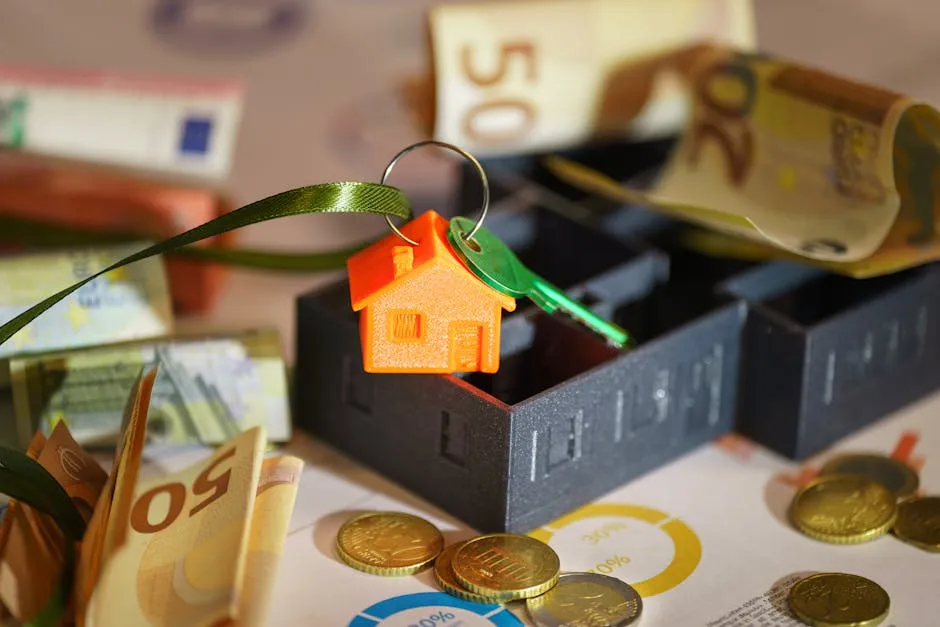
Step 3: The Registration Process
Visiting the Dubai Land Department
To register your property, you’ll need to visit the Dubai Land Department (DLD). You can do this in person or online through their official website. For first-time applicants, it’s best to familiarize yourself with the DLD’s services. Check their website for required documents and application procedures.
Having all your documents ready can make the process smoother. Consider scheduling an appointment if you’re visiting in person. This will help you avoid long wait times. If you feel overwhelmed, don’t hesitate to reach out to a real estate agent or legal advisor. Their expertise can simplify the process and ensure you don’t miss any crucial steps.
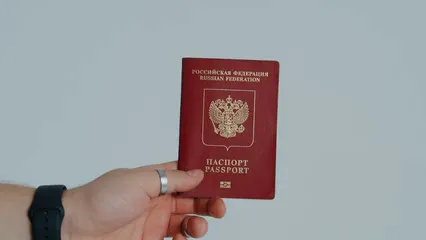
Submitting the Application
Once you’ve gathered the necessary documents, it’s time to submit your application. Here’s a straightforward process to follow:
- Complete the Application Form: Provide all required details accurately. Make sure to double-check your information to avoid mistakes.
- Attach Required Documents: Include the Title Deed, No Objection Certificate (NOC), and identification documents.
- Pay the Registration Fee: This is typically 4% of the property’s value. Ensure payment methods are suitable for you.
Common mistakes include missing signatures or incorrect document formats. To avoid delays, ensure everything is correct before submission. If you’re unsure, seek help from professionals. They can guide you and help prevent costly errors.
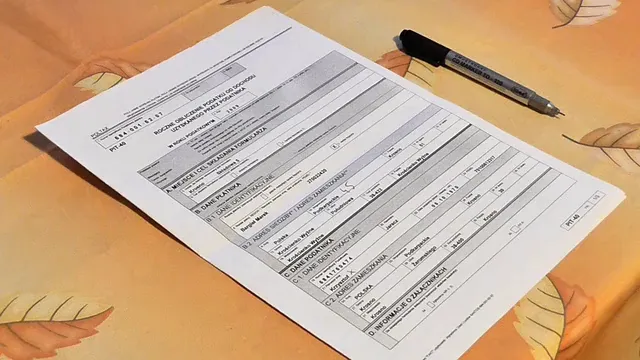
Step 4: Awaiting Approval
After submitting your application, the DLD will review it. This process usually takes a few days, but it can vary. During this time, you may want to have patience. You’ll receive a notification once your application is approved.
While waiting, it’s essential to remain aware of potential delays. Issues like incomplete documentation or discrepancies in your application can slow down the process. If your application is delayed, the DLD will often provide reasons for the hold-up. Staying informed helps you plan your next steps.
In conclusion, registering a property in Dubai is a structured process. With the right preparation and support, you can navigate it confidently. If you need assistance, Ome Real Estate is here to help you through every step. Reach out to us for more information on property registration and other services we offer. Your dream property in Dubai is just a few steps away!

Step 5: Receiving Your Title Deed
Once your application is approved, you’ll receive a Title Deed. This document signifies your legal ownership of the property. It’s essential for any future transactions or disputes. Without it, proving ownership can become challenging.
To ensure your Title Deed is correctly recorded, check the details carefully. Confirm that the property description matches your purchase. Any discrepancies can lead to issues later on. If you notice an error, contact the Dubai Land Department promptly for corrections.
After receiving your Title Deed, safeguarding it is crucial. Store it in a secure location, like a safe or a bank deposit box. Consider making digital copies as backups. If you plan to rent out your property, having the Title Deed handy is also important for tenant agreements.
At Ome Real Estate, we can assist you throughout this process. Our team understands the importance of these documents and can help you manage and secure your property effectively.
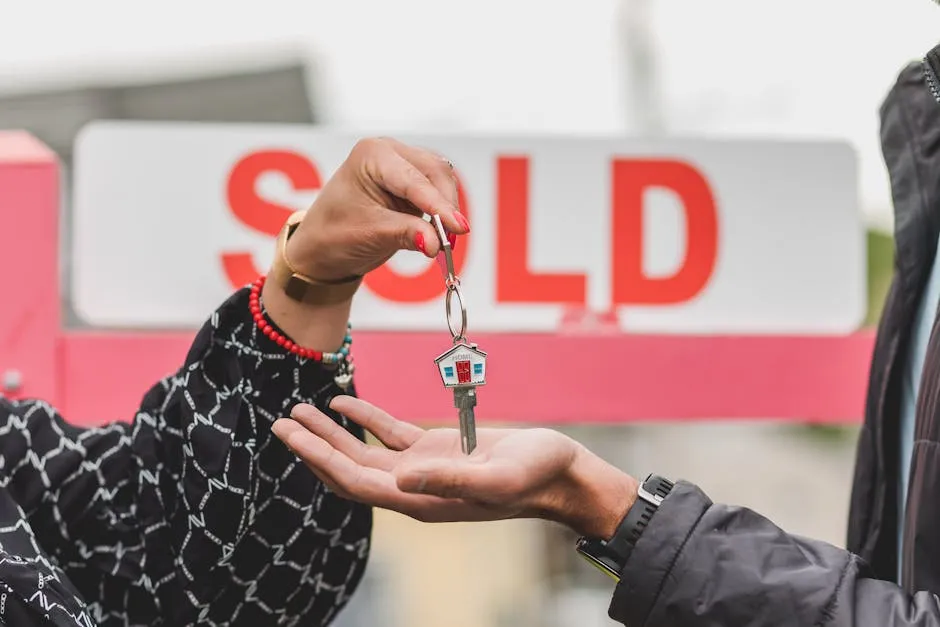
Step 6: Post-Registration Actions
Setting Up Utility Services
After obtaining your Title Deed, it’s time to set up utility services. You’ll need to register with providers like DEWA for electricity and water. This process is typically straightforward and can often be done online.
When registering, provide your Title Deed and identification. It’s also essential to update these providers about your property ownership changes. This ensures all future bills and communications go directly to you, preventing any mix-ups.
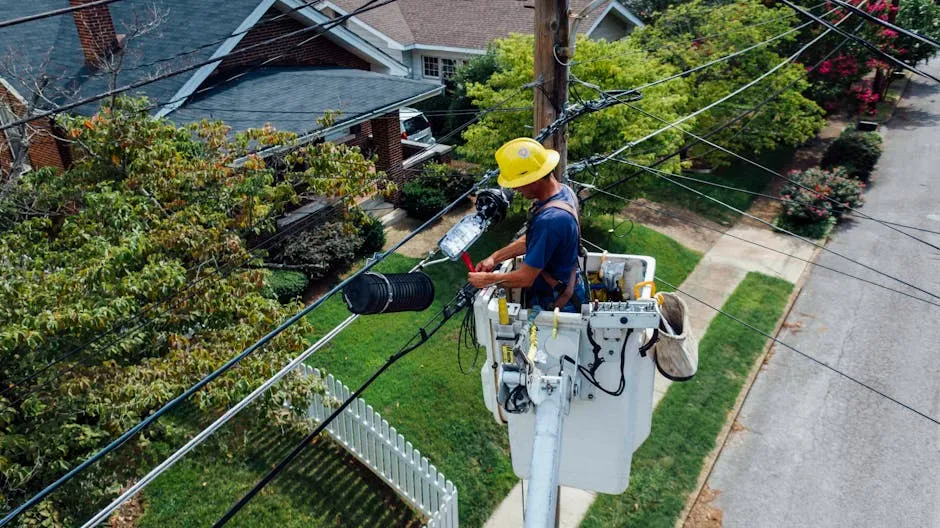
Property Management Considerations
If you plan to rent out your property, consider property management services. These services can help manage tenants, maintenance, and property inspections. They save you time and ensure your investment is well cared for.
In Dubai, numerous reputable property management companies are available. They can handle everything from tenant sourcing to regular maintenance checks. Partnering with a professional can enhance your rental experience and maximize your investment.
At Ome Real Estate, we’re here to help you with property management options. Whether you’re looking to rent or sell, our expertise ensures you make informed decisions for your real estate journey in Dubai.

Conclusion
Registering your property in Dubai is essential for legal ownership. It protects your rights and streamlines future transactions. Remember the key steps: gather documents, understand fees, and submit your application. Following these steps ensures a smooth registration experience.
Proper property registration offers long-term benefits. It enhances your investment’s value and secures your ownership rights. With the right guidance, the process can be straightforward and rewarding. If you need assistance, Ome Real Estate is here to help. We can guide you through every step, ensuring your property journey in Dubai is hassle-free.
For more details on the Dubai real estate market, explore our article on Dubai real estate market trends 2024.
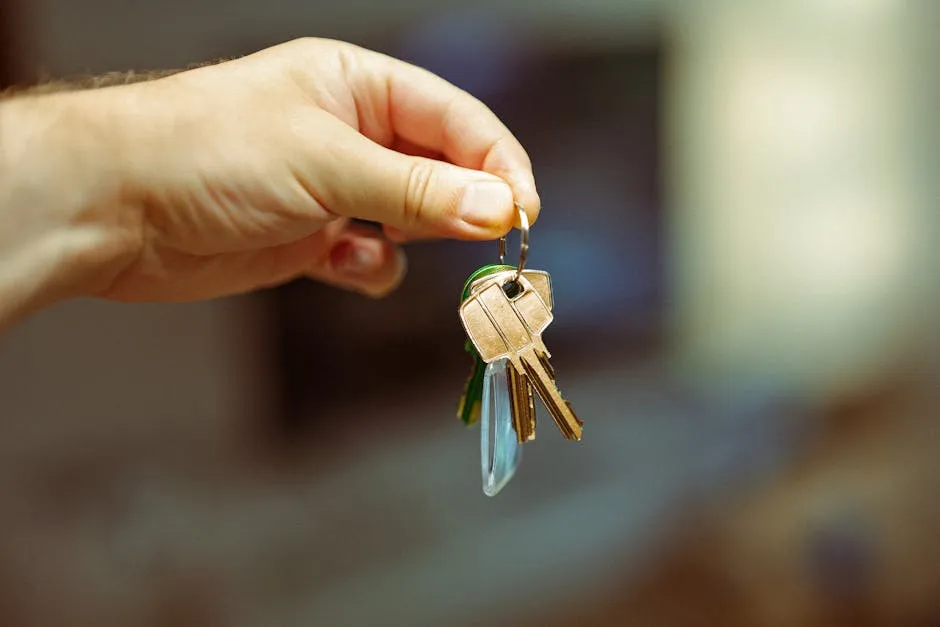
FAQs
What documents are required to register a property in Dubai?
To register your property, you’ll need several essential documents: Title Deed: Proof of ownership. Sales & Purchase Agreement: Details of your transaction. No Objection Certificate (NOC): Issued by the developer. Passport Copies: For both buyer and seller. Emirates ID: Required for residents. These documents are crucial to ensure a smooth registration process.
How much does it cost to register a property in Dubai?
The registration fee is typically 4% of the property’s value. For example, if your property is worth AED 1 million, the fee would be AED 40,000. Additionally, there may be other service fees, usually around AED 580 for apartments and AED 430 for plots of land. Understanding these costs helps you budget effectively.
Can foreigners register property in Dubai?
Yes, foreigners can register property in designated freehold areas. This allows full ownership rights, enabling you to manage, rent, or sell your property freely. Popular areas include Dubai Marina and Downtown Dubai. Outside these zones, ownership is limited to UAE citizens and GCC nationals.
What happens if I don’t register my property?
Failing to register your property can lead to legal and financial complications. Without registration, you may struggle to prove ownership. This can hinder your ability to sell or lease the property and might expose you to disputes. Protecting your investment through proper registration is crucial.
How long does the registration process take?
The registration process generally takes a few days, depending on the completeness of your application. If all documents are accurate and submitted correctly, you can expect a quick turnaround. However, delays can occur if additional information is needed.
Is it necessary to hire a real estate agent for registration?
While not mandatory, hiring a real estate agent can simplify the registration process. They offer expertise, help gather necessary documents, and guide you through each step. This support can save time and prevent errors, making your experience much smoother.
What should I do if my application is rejected?
If your application is rejected, review the reasons provided by the Dubai Land Department. Address any issues, such as missing documents or errors, and resubmit your application promptly. Seeking advice from a real estate professional can also help you navigate the appeals process effectively.
Please let us know what you think about our content by leaving a comment down below!
Thank you for reading till here 🙂
All images from Pexels

